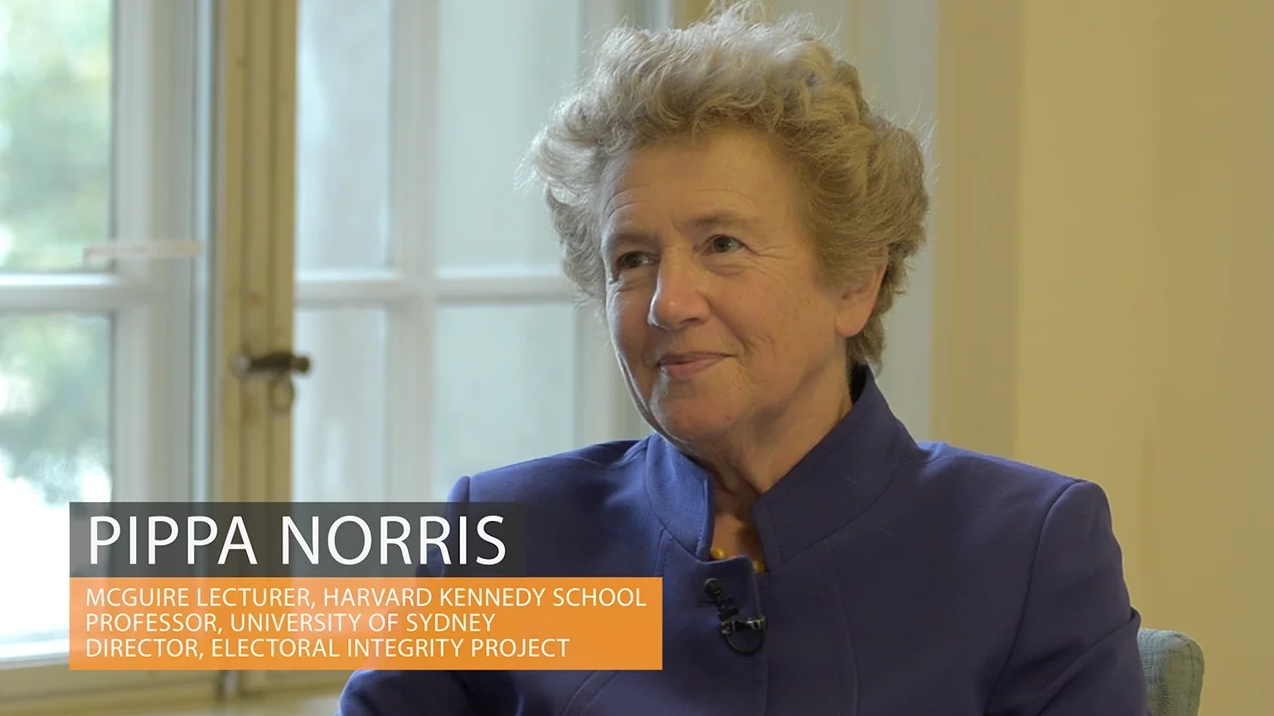Elections measure citizens’ perceptions of their leaders, but elections that don’t work not only obscure citizens’ views, they reveal fundamental cracks in a country’s accountability.
“Electoral integrity, which was a phrase created by Kofi Annan’s commission, is really a kind of shorthand for all the reasons why an election might go wrong,” Pippa Norris, a leading political scientist and director of the Electoral Integrity Project told Devex.
“When the elections are fraudulent … or there’s voter suppression, or parties can’t stand, then that whole chain of electoral accountability breaks down,” she said.
One weak link in the elections process can compromise the whole system, Norris said. While organizations and groups working on the ground on elections monitoring and accountability often approach weak elections with good intentions and bright ideas, these groups tend to miss the big picture.
“If you say to them, how do you strategically work out what’s most effective, most organizations haven’t really got that much of an idea,” Norris said.
Norris, the McGuire Lecturer at the Harvard Kennedy School of Government, pointed out that while implementers are doing the right thing by “responding to opportunities,” what the field really needs is to strengthen the evidence base for improved accountability.
“The first thing is getting the evidence of what works,” she said, adding that top donors like the United Kingdom’s Department for International Development, the United States Agency for International Development and the World Bank are all pointing to better evidence as “the name of the game” for development practitioners.
Watch the video below to hear Norris outline how accountability and interventions on evidence in elections are demonstrating results.
The article “Improving accountability takes more than ‘good ideas'” was written by Molly Anders





Leave a Reply